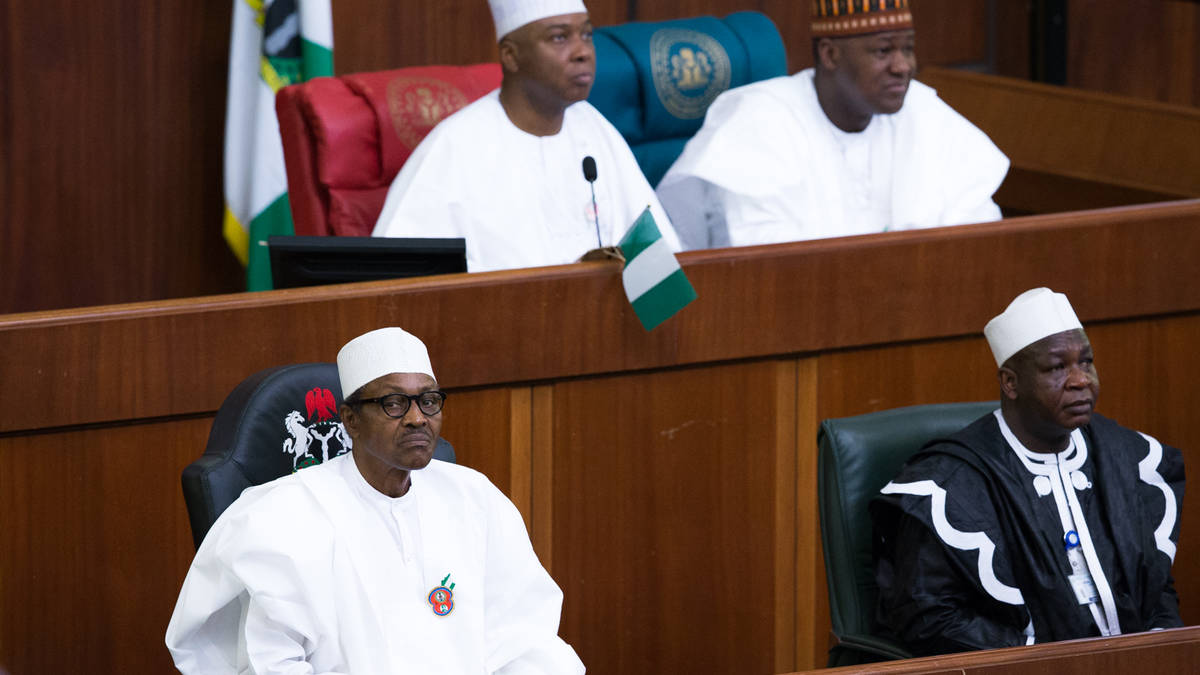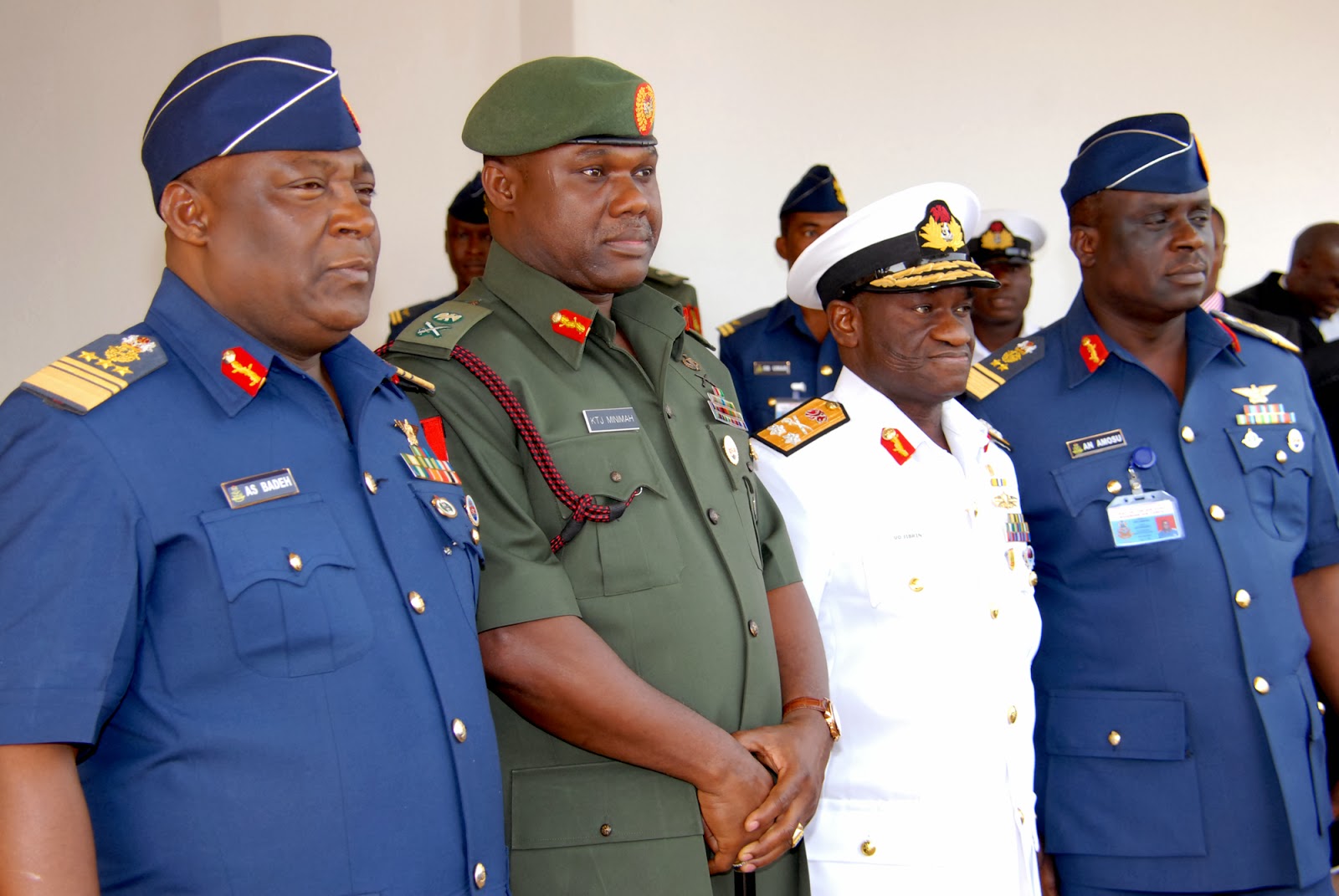BY ABIOLA AFOLABI
President Muhammadu Buhari presented “The Budget of Change”, his first spending plan, to the National Assembly on December 22, 2015. The proposed N6.08tn 2016 budget is the highest ever presented by a Nigerian president, and a high jump from N4.35 trillion budget of 2015. It seems impractical as the Country’s main source of revenue- Oil has crashed from $119 to $38 per barrel.
The 2016 proposed budget is marred by several altercations as citizens uncovered cases of budget padding, multiple repetitions of budgetary provisions and wasteful items. These controversies held the House of Representative with an extensive task of thoroughly screening the bill before its passage.
Nigeria experienced a 50% drop in projected oil revenue, as projections tumbled from N1.64 trillion in 2015 to N820bn in 2016. The government expects to earn about N3.86 trillion from oil, non-oil, and independent revenue, which means Nigeria plans to spend more than it earns, consequently leaving us with an enormous N2.2 trillion deficit.
The National Assembly; understanding the cuts
Advertisement
The National Assembly reviewed the president’s proposal and altered the figures. Service-wide votes, pensions, and gratuities suffered the biggest slash, taking off N40.56 billion from the presented bill. Capital allocations to transportation, health, and education ministries were further reduced in billions, despite citizens’ displeasure over inadequate provisions in the president’s proposal. Many are concerned about the National Assembly’s interest in the issues relating to citizen’s welfare.
The revised budget reduced appropriations to the ministries, department, and agencies by N8.97 billion, cutting the allocations from N3.1 trillion to N3.09 trillion.The House of Assembly cut the proposed budget by N16.99bn from N6.077tn to N6.06 trillion. Usually in Nigeria, the recurrent expenditure ranks higher than the capital expenditure, and it followed suit under the “budget of change” at N2.65 trillion and N1.59 trillion respectively. The capital provision was revised downwards by the House and Senate from N1.8 trillion to N1.59 trillion. Although it is noteworthy to mention that the capital allocation experienced a major growth of about 185% from the 2015 provision (N557bn), this sum (N1.59 trillion) represents 26.23% of the entire budget, with most allocations to the works, power and housing, transportation, defence, special intervention programmes and interior ministries.
The cuts were reallocated to the special interventions and constituency projects, which substantially grew from N60 billion to N100 billion. Interestingly, these constituency projects are managed by members of the House of Assembly; they (mostly without their consultation) only identify the needs of the constituents, and with discretion implement projects in their respective constituencies. According to the research carried out by Tracka – a project-tracking tool – community members are usually in obscurity about these provisions and therefore do not have the information necessary to engage their representatives. In some cases, project implementation is customarily attained for personal glory, contrary to its primary objective of making the communities feel the impact of the federal government.
Advertisement
Other notable additions went to the Presidency, Code of Conduct Bureau, and Secretary General of the Federation among others. Prior to the intervention of NASS, these establishments had presented their final budgets to the Executive, based on expenditure ceilings set in the Medium Term Expenditure Framework (MTEF) approved by the National Assembly themselves, which raises a question: what is the motive behind the increments?
The approved budget now awaits the president’s assent at the second quarter of the year; his is a sad situation for a country running without a financial guide and a clear economic policy framework. The economy is slowing significantly; prices of goods and services are significantly rising; there is scarcity of essential commodities that enhance productivity including fuel, foreign exchange, andelectricity. Nigeria’s fiscal policies formulators need to hit the ground running.
Views expressed by contributors are strictly personal and not of TheCable.
1 comments







Well written. I’m sure Nigerians will take National Assembly polls more seriously during the next election.